For most of us, minimalism doesn’t have to be as hard as some make it out to be. I’ve posted before about how much mindfulness matters to a more minimal lifestyle, but when you have children, especially once they’re not longer babies with no opinions on toys, it can be trickier, because there’s more people involved. I have seen dozens and dozens of posts, in minimalist groups, about how a person wants to have less things, but, because they had a very stringent minimalist parent growing up, they feel an almost-desperate need to keep the things they’ve collected.
Throwing out other people’s things with no regard for their feelings and attachments isn’t any good. But kids are often a bit clingy, when it comes to their things. OF COURSE they still want that ripped scrap of paper with half a sticker on it, AND every single junk toy they’ve ever gotten from the dentist (gosh, I despise those). So, what can you do to reasonably cut down on children’s things?
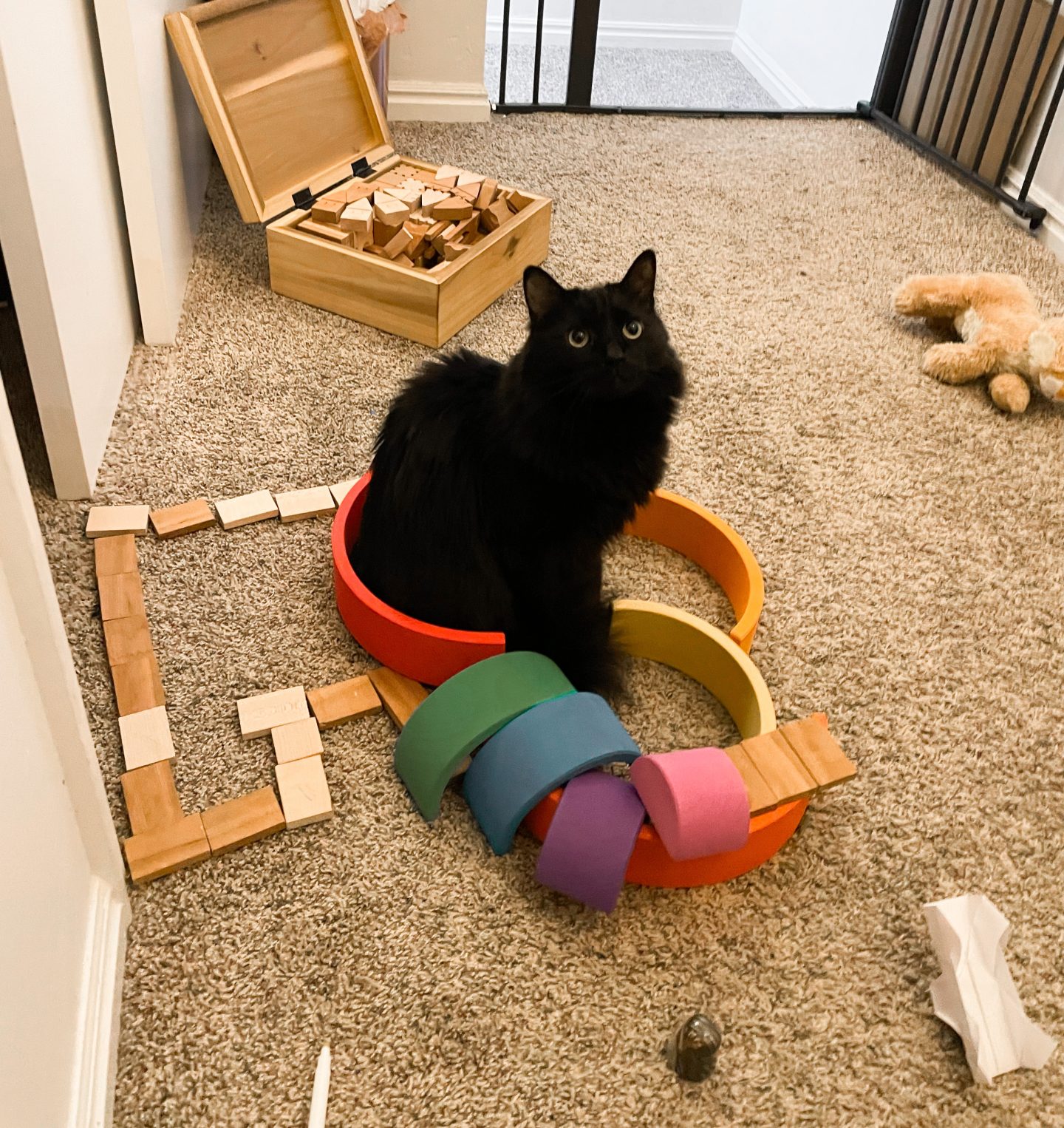
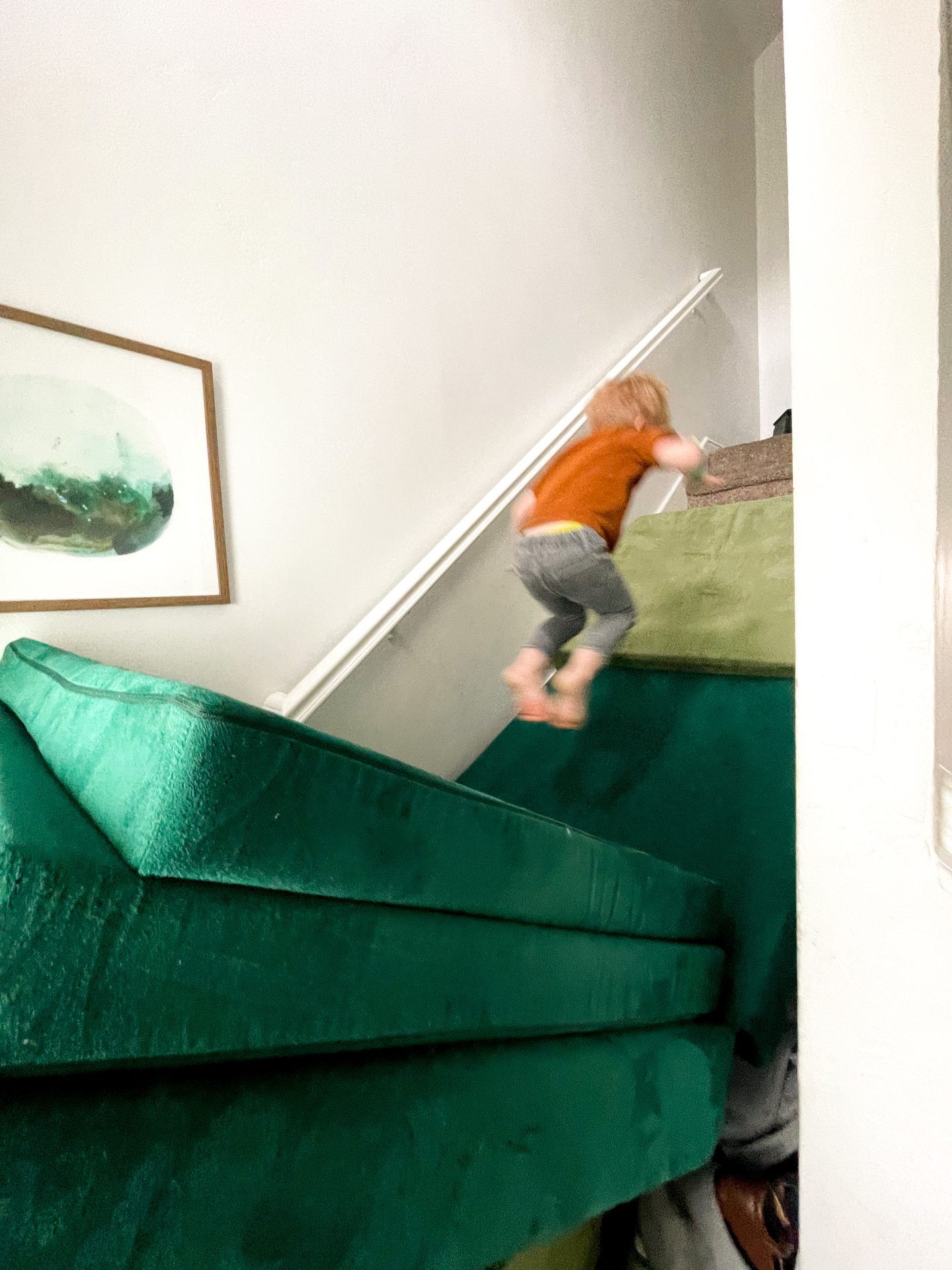
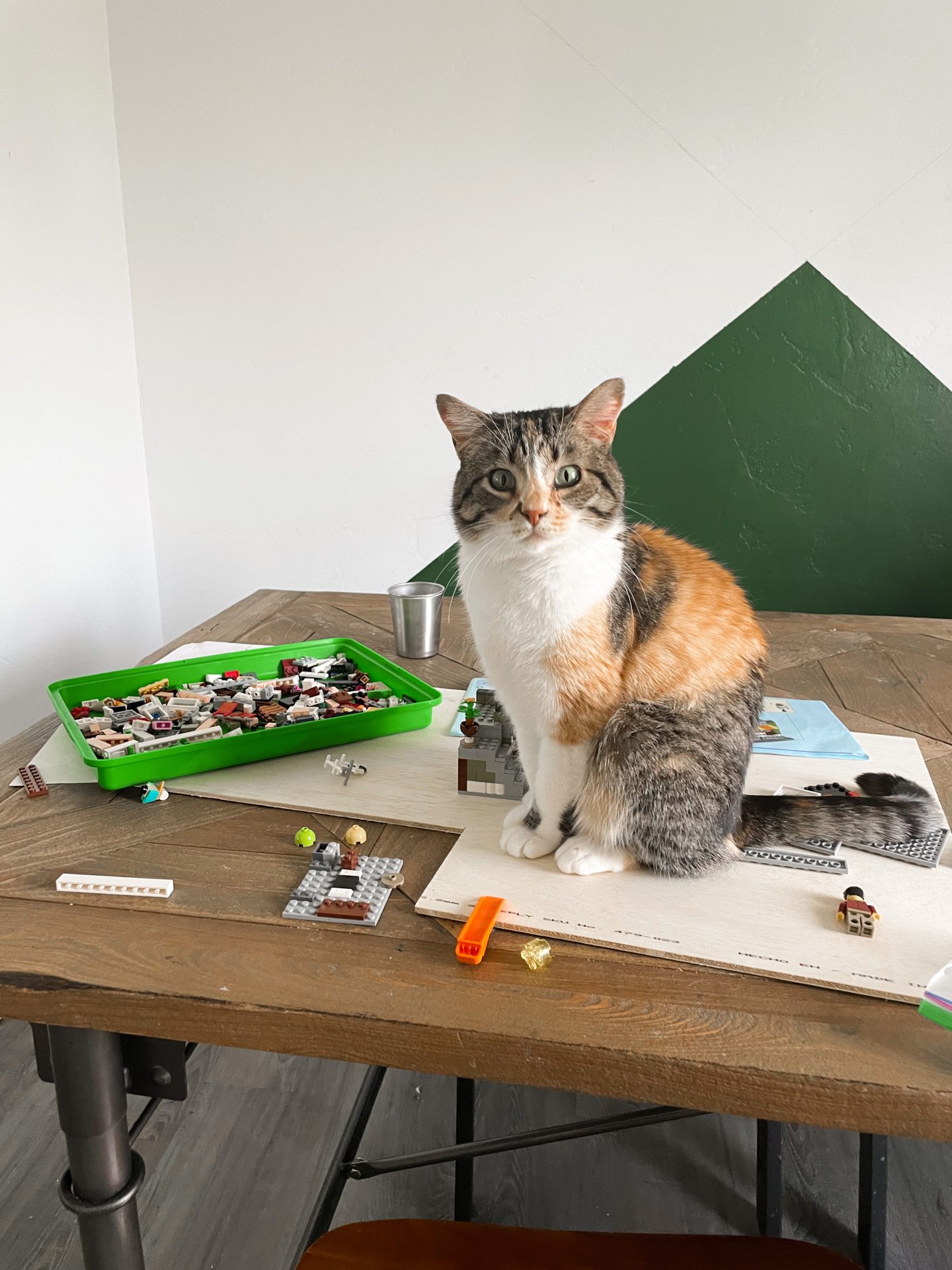
Take stock. This is your job, as the one wanting to reduce items. What is actually going on in your home? Did you get too excited, and invite too many things in? Is someone else in your life a bit too generous to your children? Are you overly sentimental, and keeping things (out, as opposed to in storage; or at all) that your kids don’t really care about any more? Are things actually pretty okay, or really great, but OCD is getting in the way (yes, real OCD, not ‘omg I just like things clean OCD’)?
From there, consider what you would like things to look like, ideally. Then ask yourself if that’s a realistic, age-appropriate, and kind expectation. Is there one type of toy, or item that is the primary issue (in our house it’s thousands or art projects). For more information on how to be minimalist with kids, check out this post.
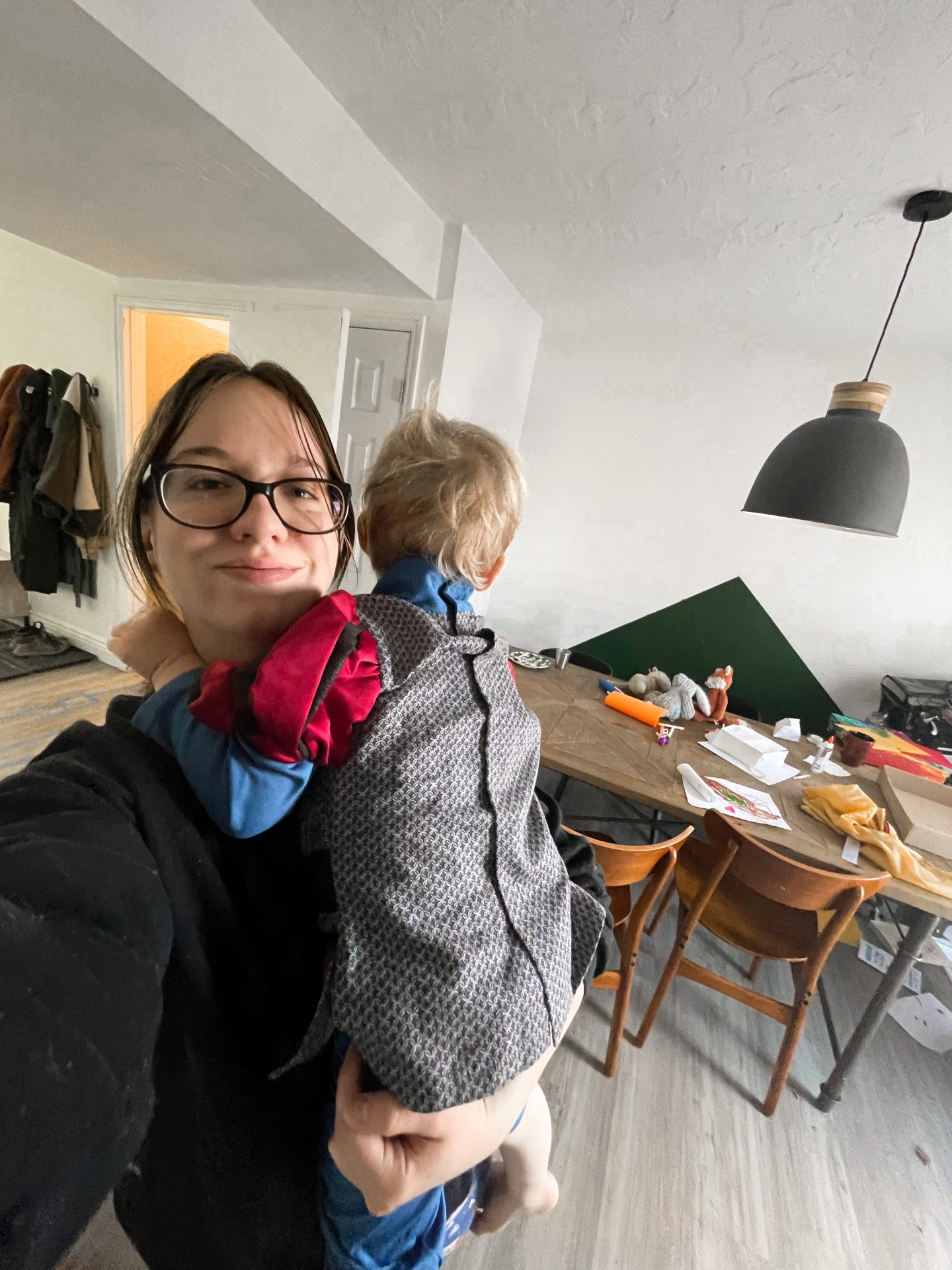
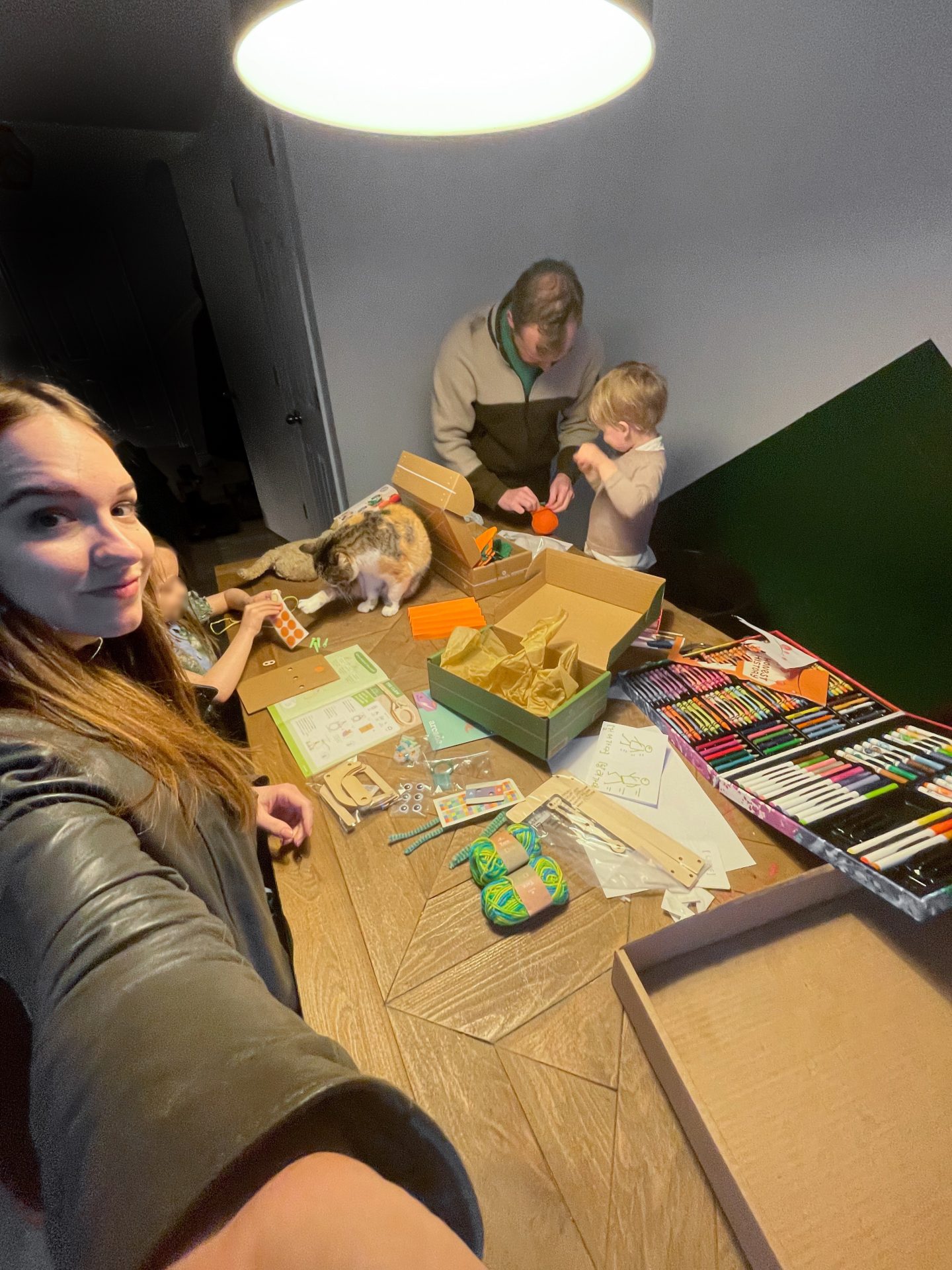
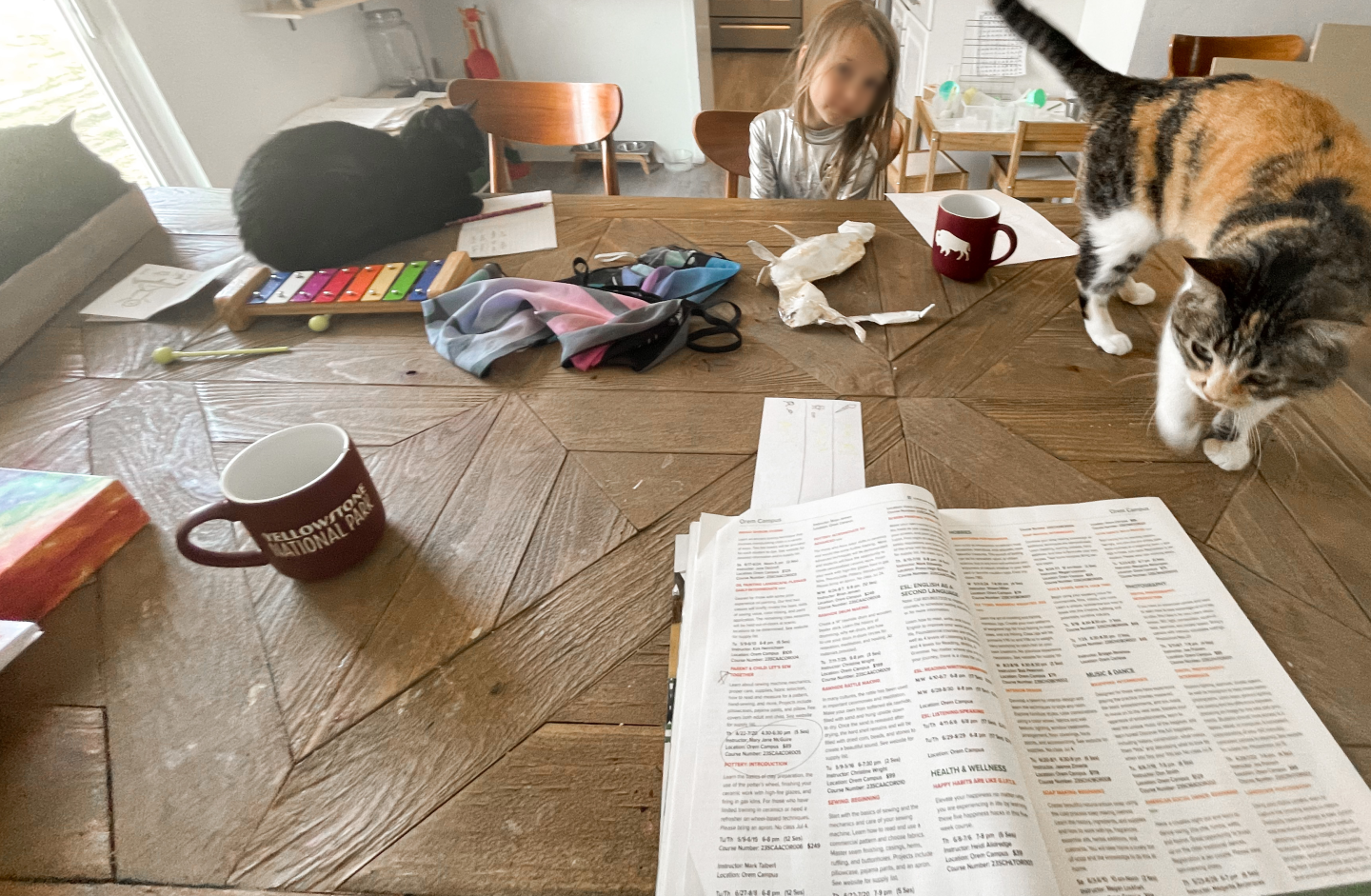
Set the stage. I think it’s really important to talk to kids about the situation. If they have a ton of stuff that they aren’t able to reasonably take care of, based on age + ability, something needs to change. Maybe your child is older, but they just never can seem to take care of a category of their things, be that toys, clothes, or hobby items. If a problem has been talked about, solutions attempted, but nothing is changing/working in the end, I think it’s important to discuss the issue with the child with empathy. “Hey, we both know that the table has been super messy for days. It never seems to get fully clean. What’s going on for you?” Listen. Maybe they just need a cleaning buddy to keep them company while they work; or maybe it’s just too much stuff—and that will vary from child-to-child. Just make sure they know your expectation for the house, and why that’s important to you + good for them, too. “Having a super messy table looks bad, and I feel like I need to clean it”. “When you take care to clean as you go, then you won’t have to do a big, long tidy later”.
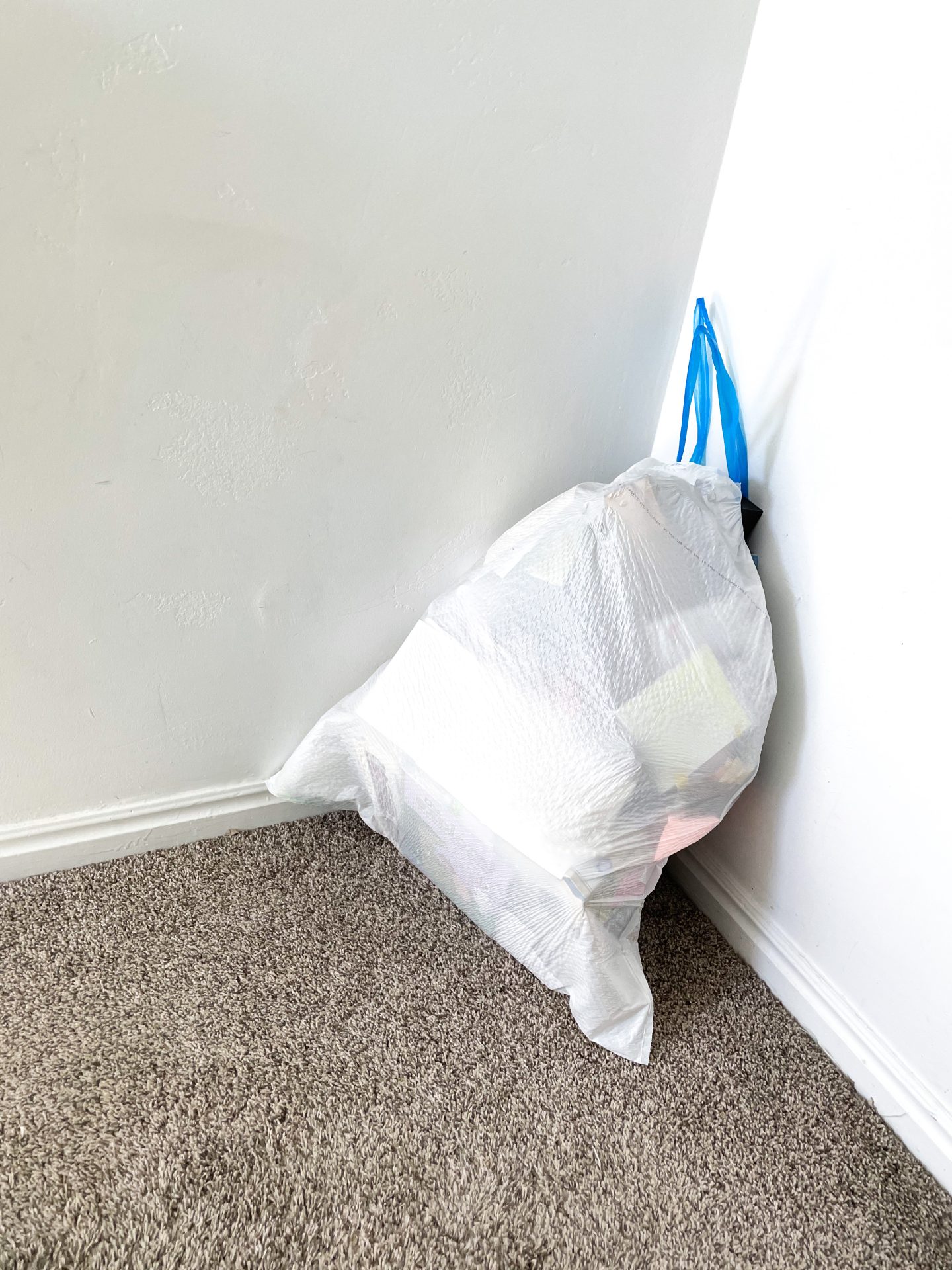
Create a solution together. It’s vital that your child feel supported, and not punished. Punishment will only cause distress, and likely cause more problems down the line. Yes, you don’t like the mess, but mess is stressful for everyone, even f they don’t recognize it, so it’s important to get on the same page.
One of our biggest issues is that my oldest, is extremely crafty. She makes cool, and often amazing pieces. However, when we keep everything (and some days, it has been 10+ papers a day), that adds up. A lot. We have come up with solutions, and had to re-come up with different ones over the last couple of years. In the end, we just had to set aside a specific space for her to store finished works, and if things start to pile up, we sort through them about once a month (we have gotten rid of 1-2 big trash bags each time). I don’t love piles of things, but they aren’t my things. We have to meet in the middle.
When it comes to art supplies, we noticed the kids h a t e d picking them up, and could never keep them organized in anything other than a heap. We had a discussion where we learned that, though having lots of colored pencils, and crayons, and markers is fun, it was way too overwhelming for them to tidy up. So, we packed them away, leaving out only one big set they got for Christmas. When they use up all those, we’ll get out the other art supplies again. But we wanted to ensure things weren’t too much for them.
The same went for toys, we have a ‘later box’. It’s actually more of a ‘never’ box, but it’s a way to get the kids to cut down without tossing their things. I hate storing things I’m not sure we’ll use, but these are their things, not mine, and it’s just 2 small bins. In ours, we have some toys they’ve outgrown, but I plan to keep for them; toys with too many small parts; or toys they haven’t used for ages; as well at lots of tiny trash toys they got out, but never actually played with, but could’t part with still. We put them there to ensure the amount of toys they have (/have to clean up) isn’t too much, and there’s space to easily store, and see the toys they love. Plus, when it goes in the bin, they can always request it, if they really want it later. Or maybe they never will. Lots of random Kiwi Crate parts have gone there to get tossed out by me a year later.
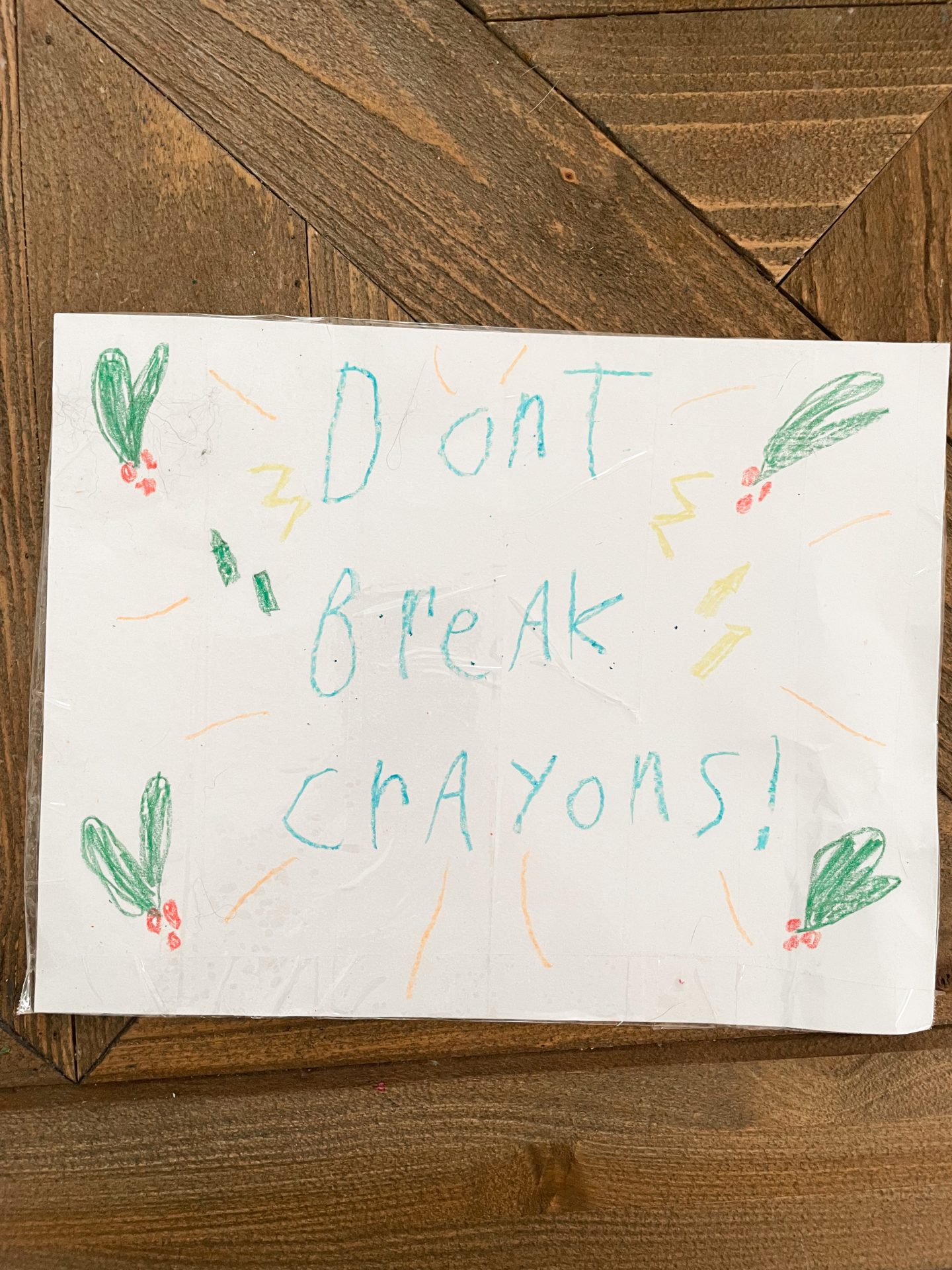
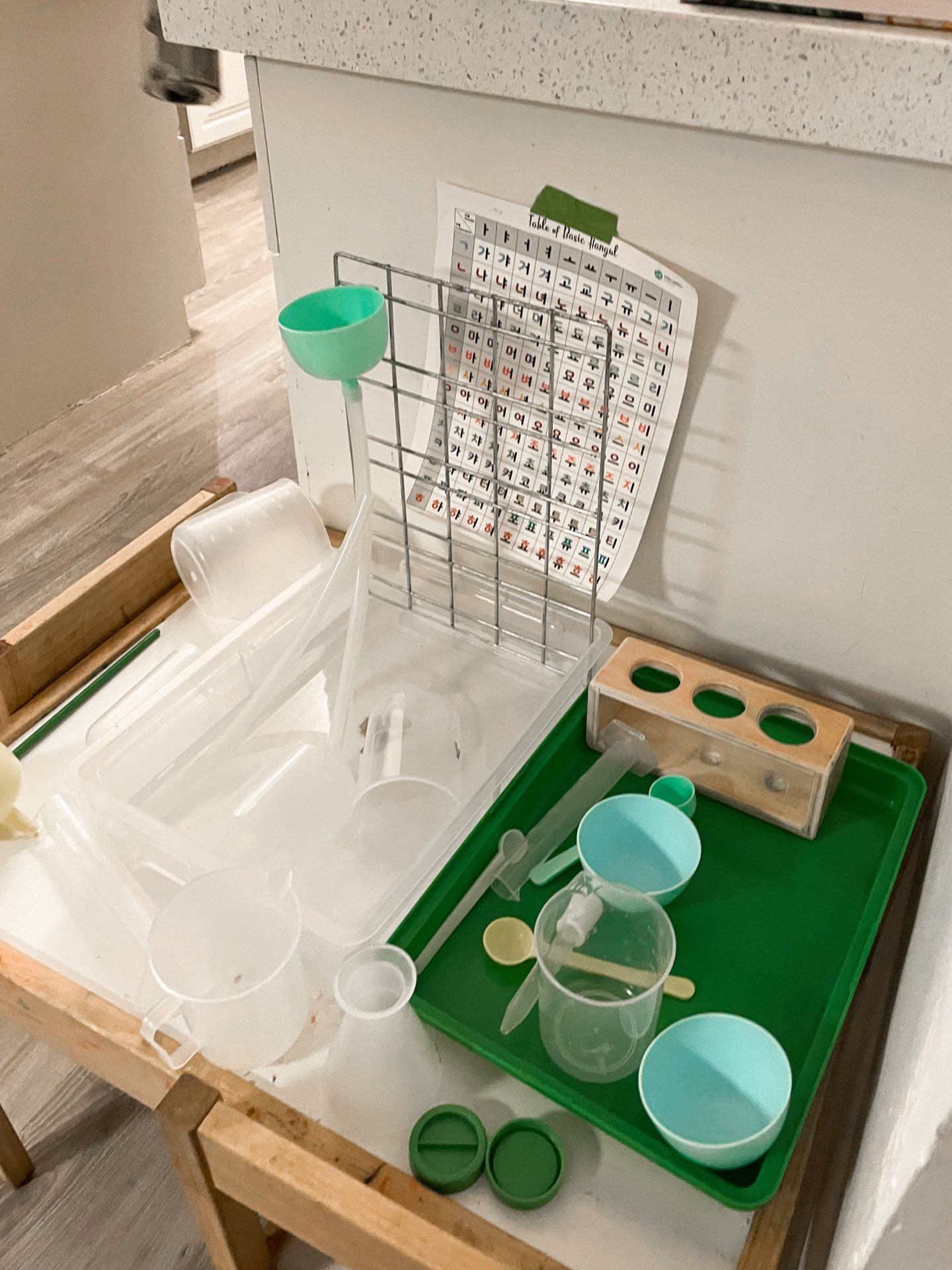
Make it a joint effort. Over the years, I have KonMari’d several times, and helped my husband, and several friends through the process. It is hard to part with your things. It is hard to change where you keep things, when you’re so used to having them in a particular spot, even if you never use them. So, you’ve gotta help out. Let them tell you why they still want something; or why they can put something away for now, but why it still has a place in their heart. Share memories about their things. Get excited about how nice it feels when it’s tidy, and they just have the things they use and love out. Feeling supported and heard is vital for anyone—kids or adults.
This process can be even be simplified for children as young as 3. By telling them that they only have x amount of space, and you can put other things away for now; or by telling them you’re going to reduce [craft supplies] for now so it’s easier to tidy, they will get used to the comfortable feeling of being in a space that isn’t overwhelming.
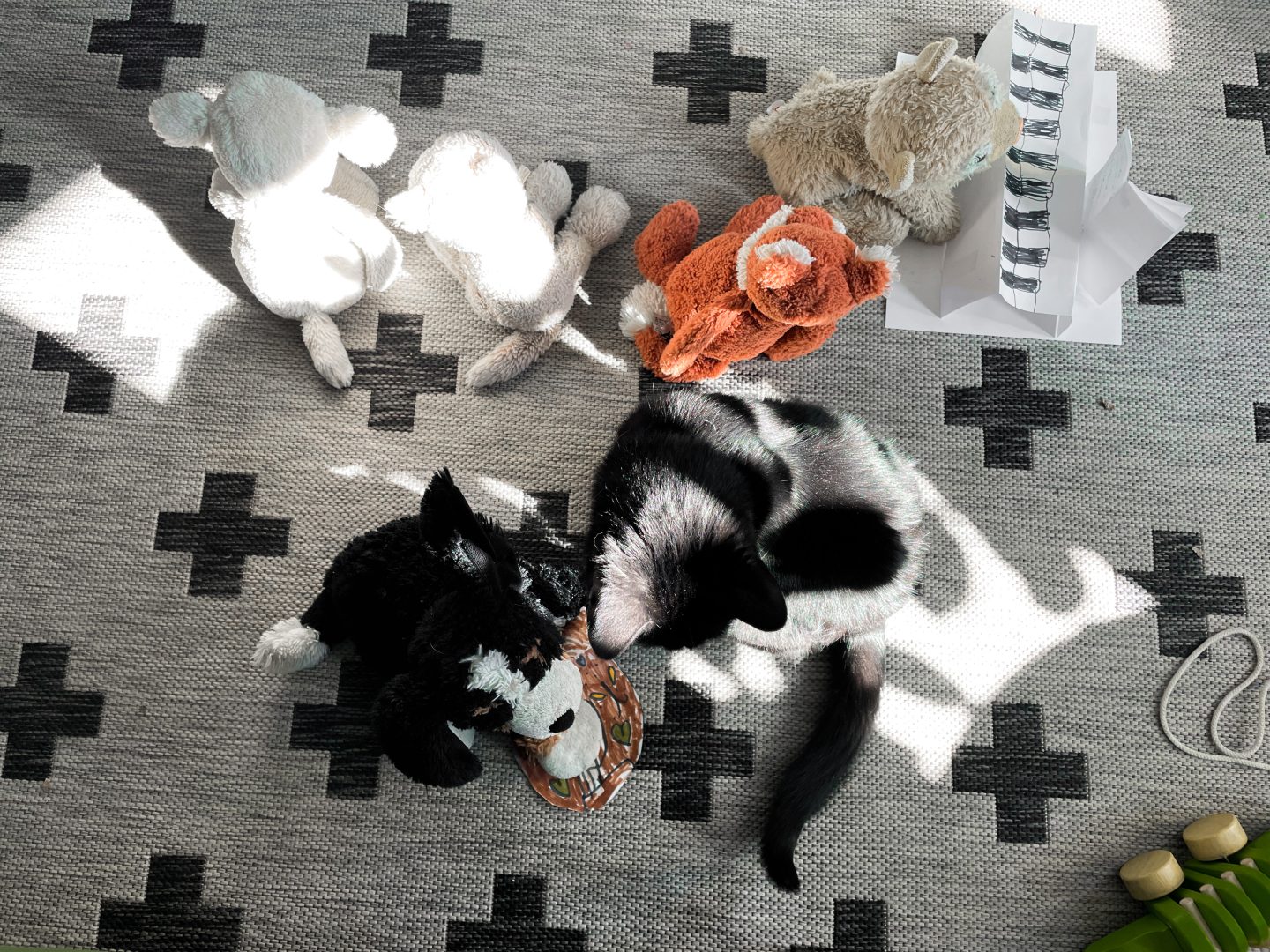
I know it can feel very tempting, as an adult, parent, or primary tidy-er, to just say that you’re in charge, and do whatever you want. But if you want to set your children up for success in this area, it’s so important that you show them how to approach tidying in a positive way, and allow them space to make choices about their own things.
Good luck!

 help me feed my cats!
help me feed my cats!